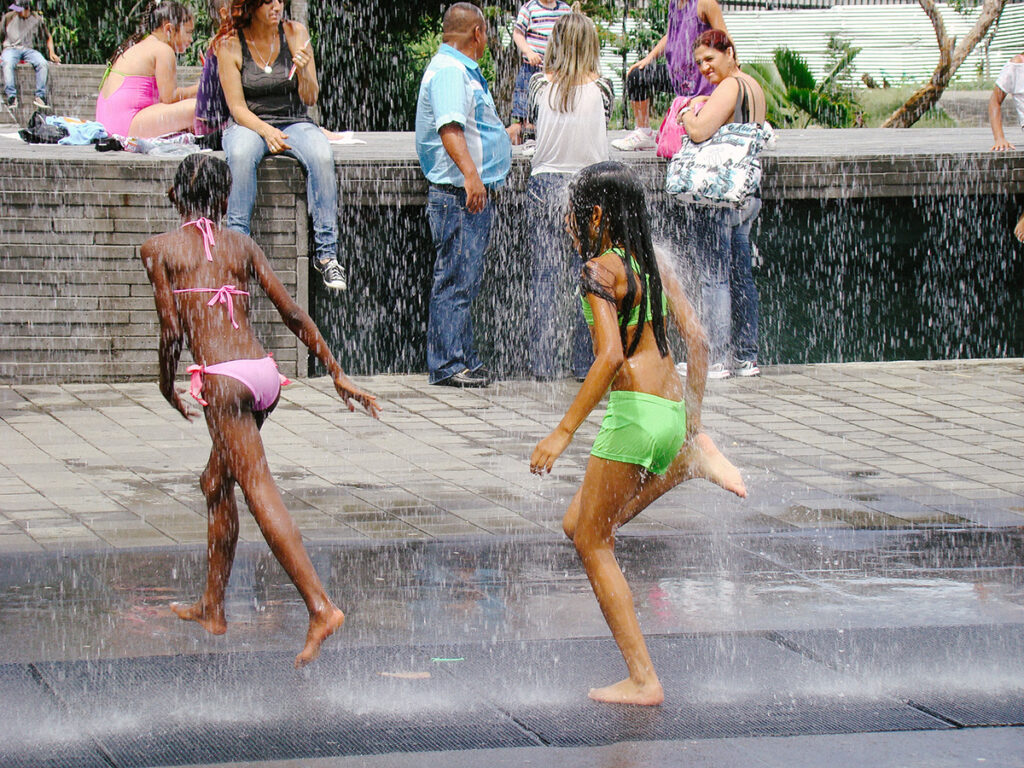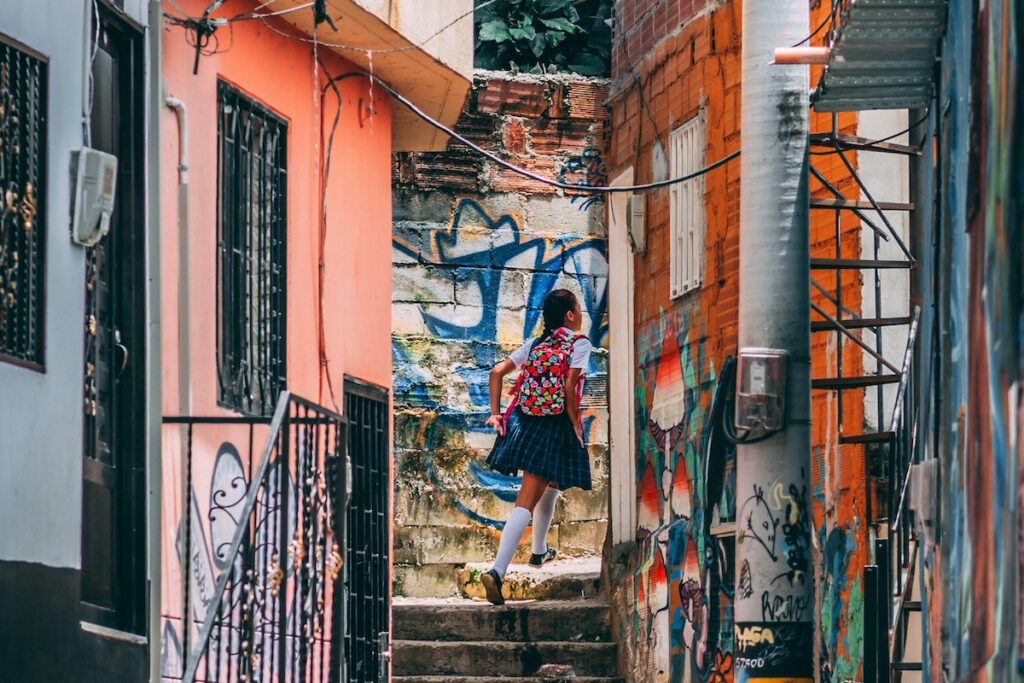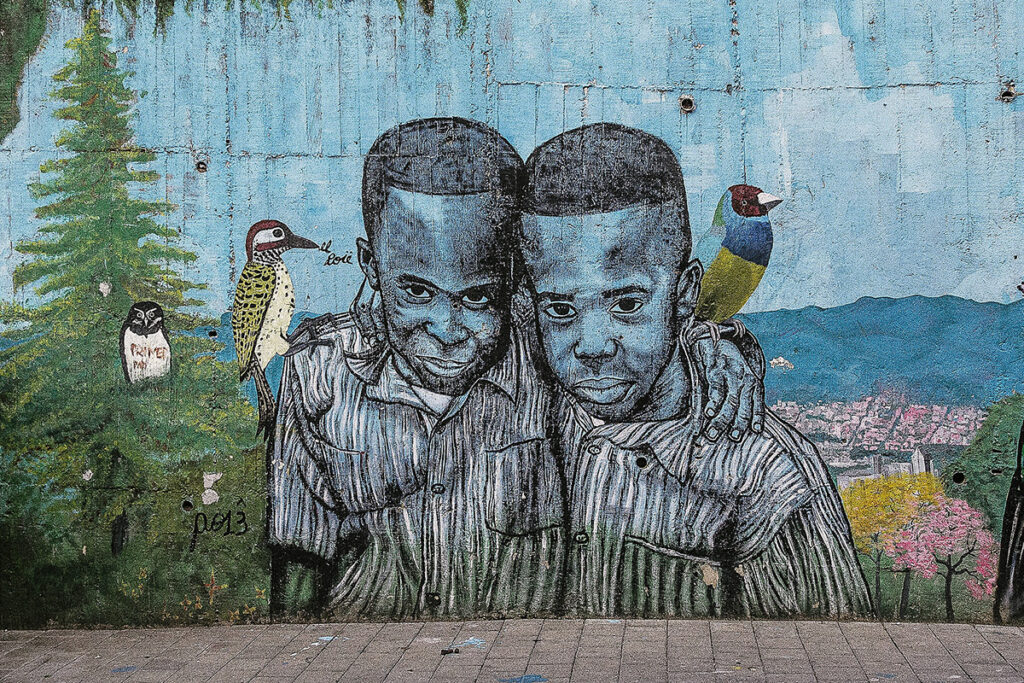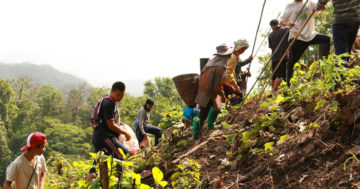“Only with education do we close the social gaps and overcome the vicious circle of violence and poverty”
Federico Gutiérrez, the mayor of Medellin, Colombia, said the abovementioned. The UNESCO Learning City Award 2019, which recognizes Medellin’s accomplishments as a learning city, was presented to him as he accepted the Award on behalf of his city.
The second-most populated city in Colombia is Medellin, yet until poverty and crime took over the area, only a tiny proportion of its residents had access to education. The severity of these issues drastically lowers people’s quality of life.
When Medellin’s included in the Global Agenda for Sustainable Development Goals (SDGs) in 2016, the city had made significant progress in reducing poverty and enhancing social circumstances. Comprehensive education is crucial to fostering professions. One of the active learning cities today is Medellin.
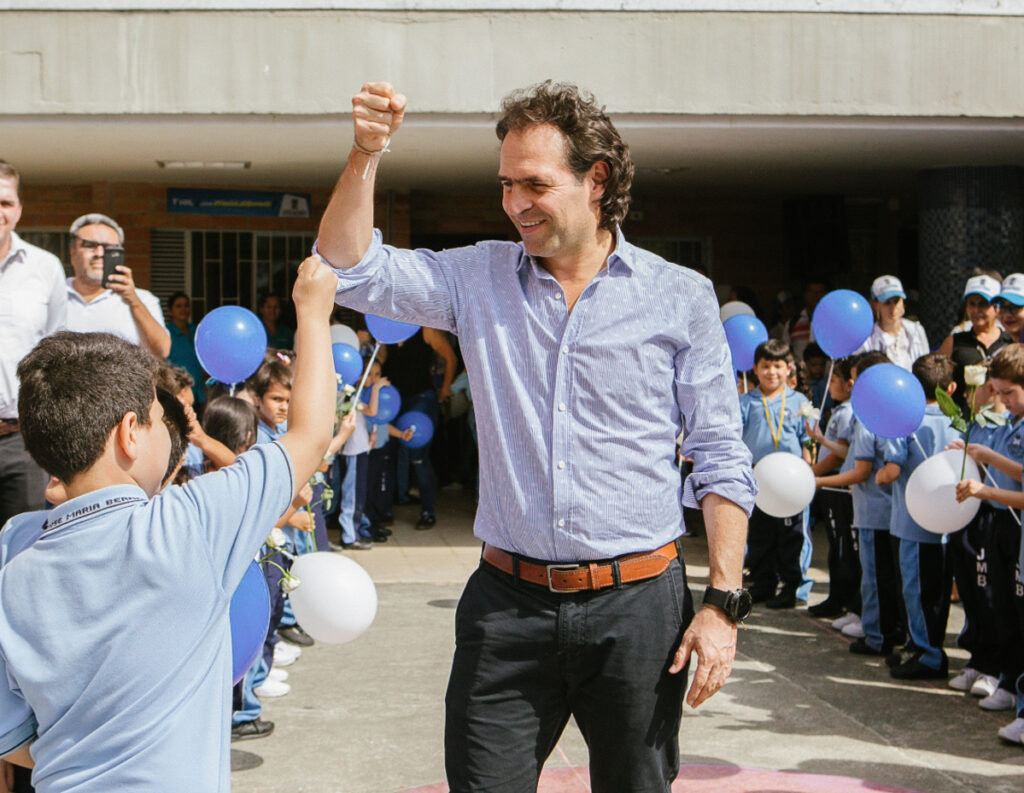
source: federicogutierrez.com
The “Medellín, How Are We Going” strategy was used as a tool to guide educational initiatives through the United Nations Sustainable Development Goals (SDGs) to advance education and raise the standard of education provided by institutions. Collaborations between public and private educational institutions, as well as public organizations that support education like the Teacher’s Innovation Center (Mova), Higher Education Institutions (Sapiencia), and Vocational Education Institutions (Vivero del Software), are ways that Medellin promotes lifelong learning. Additionally, it is situated in the Center for the Fourth Industrial Revolution.
The development of the urban ecosystem for learning is a crucial component of Medellin’s strategy for urbanization as a learning city, which focuses on six main processes:
- Buen Comienzo Program: Ensuring youth in Medellin has access to high-quality comprehensive care services and encouraging their development from an early age.
- The curriculum changes for the fourth industrial revolution: Designing a curriculum to implement and assessing a new educational model for Medellin via consistent teaching, curriculum, and management concepts. The fundamental objective of this is to create respectable and self-reliant people while it also guarantees a high standard of education.
- Education for All: This program protects everyone’s right to a high-quality early childhood, foundational education, and higher education. The education provided to students will be continuous, equitable, and diversified, and they will learn in a comfortable setting.
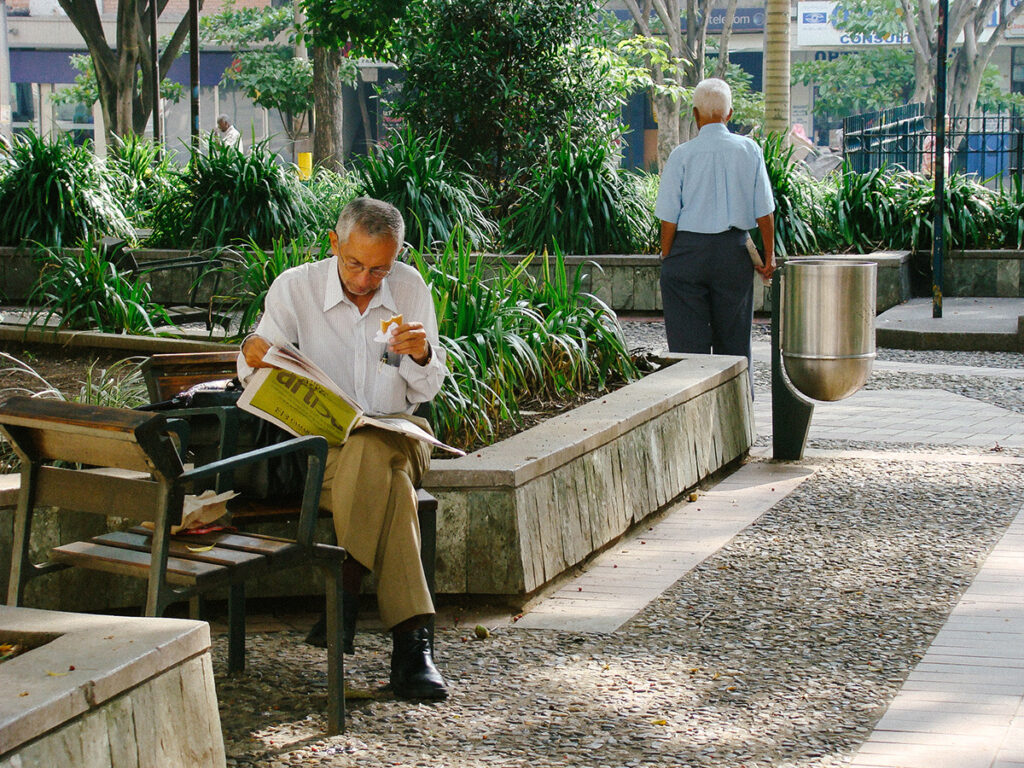
- Ways to encourage teachers to become future leaders: Promoting teacher welfare, supporting training, doing research to enhance teacher quality, and establishing a setting for academic learning.
- Developing Infrastructure and Learning Environment: Building, improving, and maintaining an educational infrastructure to beautify, educate, and use analog and digital instruments that encourage creativity, research analysis, and entrepreneurship. Additionally, it promotes integration in the “Eco-City” area.
- Research, Creation, and Knowledge Distribution: Promoting science, art, and technological skills through connections between public and private-sponsored institutions that helped Medellin become the center of Colombia’s Fourth Industrial Revolution.
In addition, allowing citizens to establish rules for the operation of the city is another crucial component of the Medellin City Development Policy. From the mayor to the locals, this fosters collaboration in all sectors. Medellin has been involved in a wide range of development networks in education and people’s quality of life, turning the once most violent city into a city of innovation and change.
